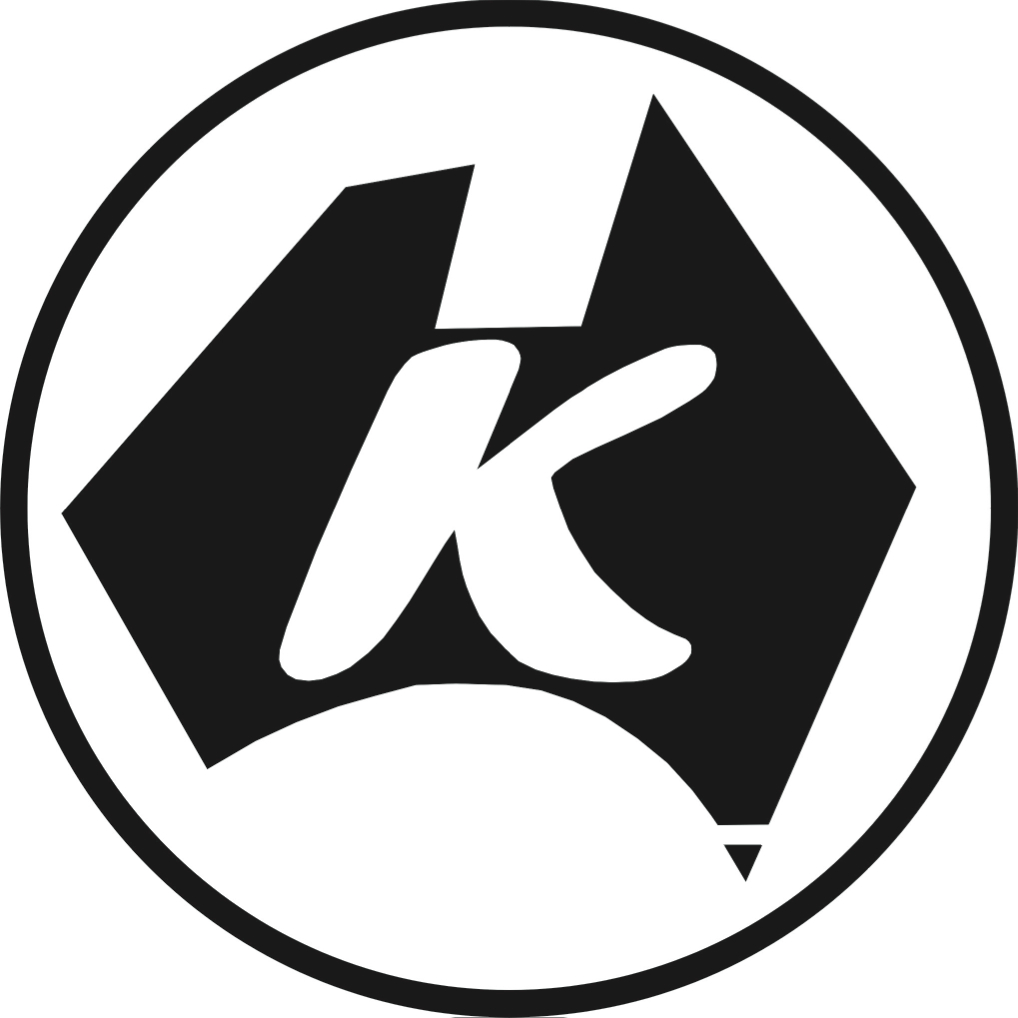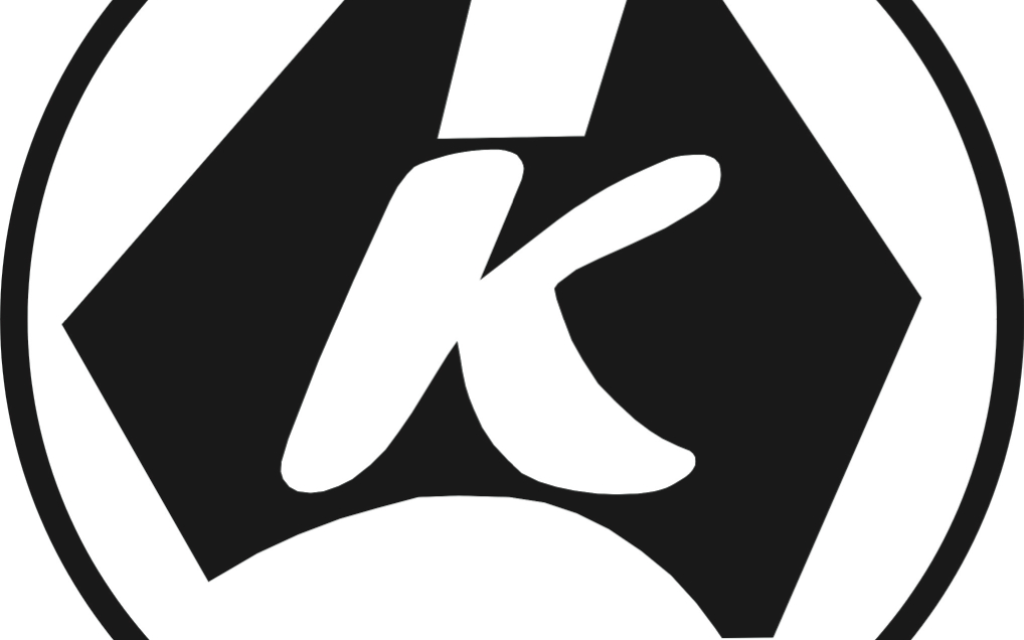Kosher certification explained
Yankel Wajsbort, general manager of Kosher Australia, explains the steps taken by his organisation before awarding any food product a kosher certificate.

Often we receive enquiries from manufacturers who are desperate to have their products ‘made kosher yesterday’. They are usually calling to ‘book the rabbi to come and bless their factory’, or ‘can he do it over the phone?’ Clearly this is not what is involved in determining if a product is kosher. Reputable kosher organisations worldwide require three basic steps in any manufacturing kosher certification project:
1. Application
First, a company is required to complete a checklist that covers the products to be made, the ingredients used, information about other production on the same (shared) equipment, and details of the cleaning between production runs (assuming that the kosher run takes place after non-kosher production, or if pareve production follows dairy production). Once this is completed, the application is assessed for kosher compliance.
We may recommend alternatives to ingredients that are not kosher, or request technical specifications that are required by law to be prepared in line with FSANZ (Food Standards Australia New Zealand). We will often review flowcharts or Food Safety documentation. Given the complexity of some production, ‘desk checking’ may take months. One ice cream company that we are currently working with has over 200 ingredients, including 59 flavours supplied by five different flavour manufacturers (each flavour would in its own right have between 10 and 25 ingredients)!
2. Site Visit
Once we are satisfied that at least on paper there is a chance of success, we will actually visit the facility. This involves a walk-through of the facility, checking shop floor documentation, reviewing computer records and systems, and checking stock in the material stores. We need to assure ourselves that the company does not operate ad-hoc and that they have control over their production processes. We also schedule time with key personnel from manufacturing to marketing to explain what kosher is all about, the importance of kosher to a strictly kosher consumer, and the various opportunities that having kosher certification brings.
Ultimately Kosher Australia stands behind the products that we certify, and if we are not sure that the promised ingredient will always be ordered kosher or that non-kosher and kosher ingredients cannot be interchanged, we are unable to guarantee the kashrus of the product.
3. Contract
Once the audit is completed, Kosher Australia and the manufacturer enter into a formal service level agreement that requires a feedback loop from the company in addition to a regime of regular audits. We require the company to let us know in advance of any changes to ingredients and/or the way a product is made.
Getting kosher right
The skill set for kosher certification involves obviously a practical intimacy of current kashrus halachah and laws, a knowledge of ingredients, coupled with an understanding of how machinery operates. And it goes without saying, most importantly, Yiras Shomayim – Fear of Heaven. The kosher paradigm is that unless we are sure, the product is not acceptable. Kosher food is intrinsic to the survival of the Jewish people. At the time of the Destruction of the Holy Temple and after the Bar Kochba Revolt, our Rabbis instituted a number of laws specifically related to kashrus to protect the Jewish people from being subsumed during the long Exile that followed. They understood the importance of food in interpersonal relationships. Without kashrus, there would be no Jewish people.
For more information, visit www.kosher.org.au.
Get The AJN Newsletter by email and never miss our top stories Free Sign Up


comments